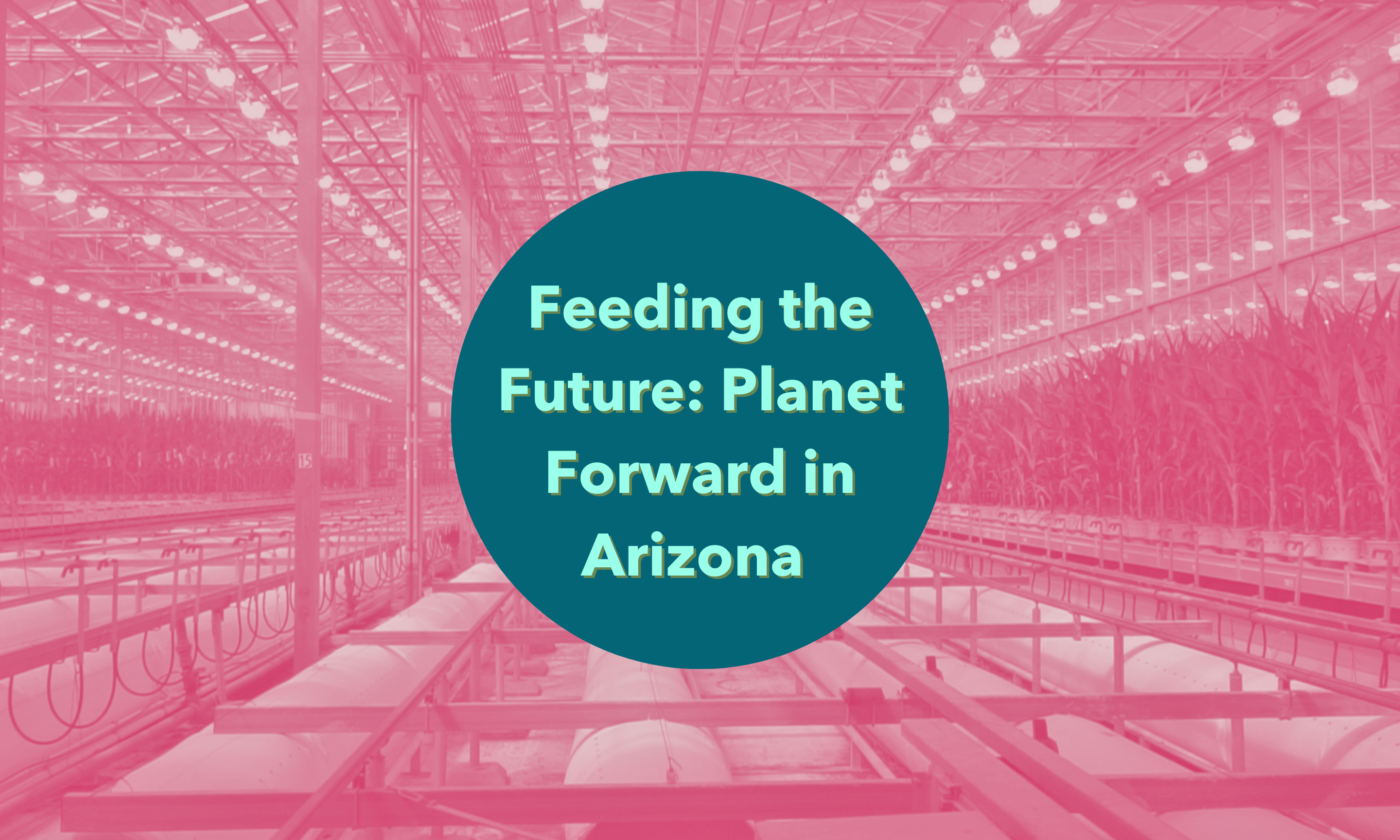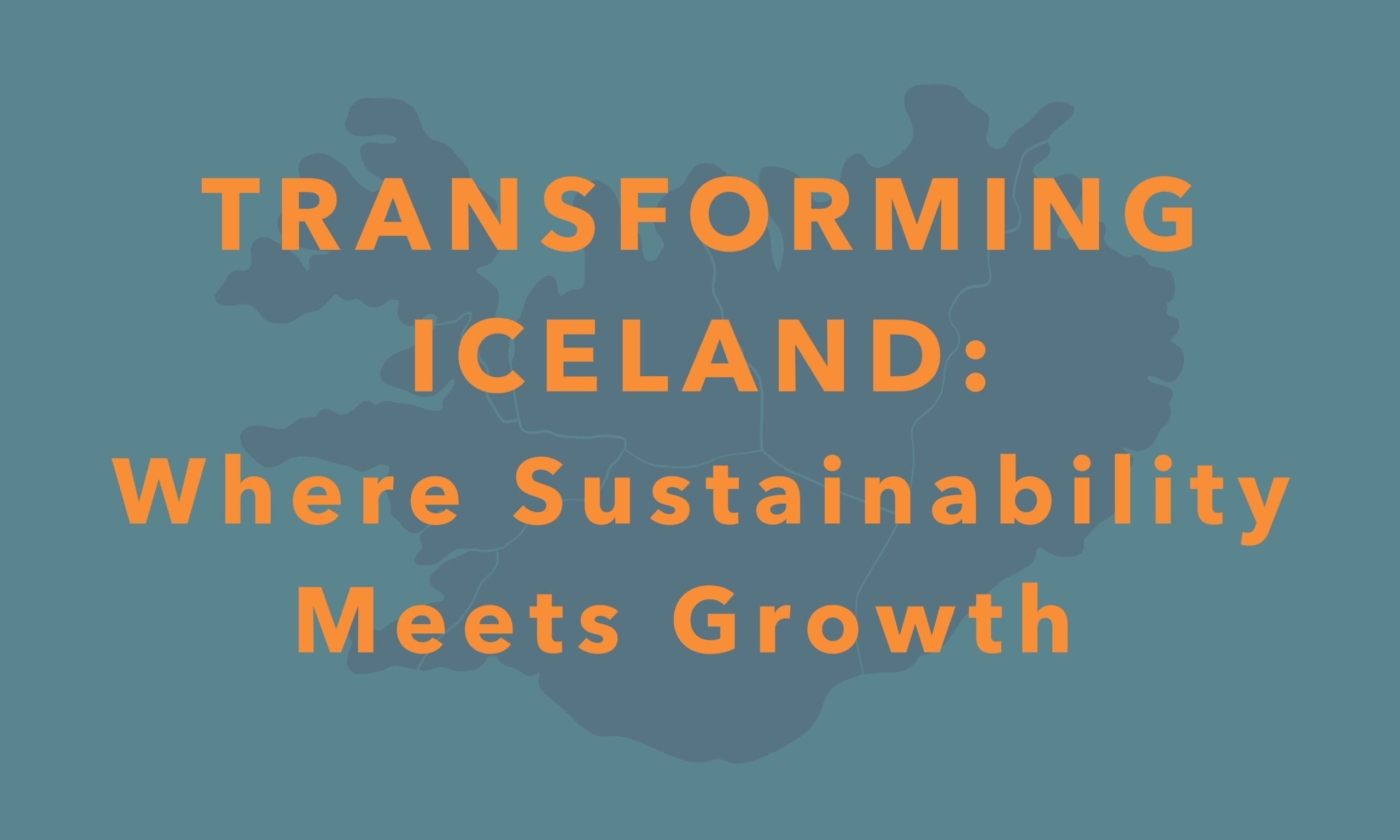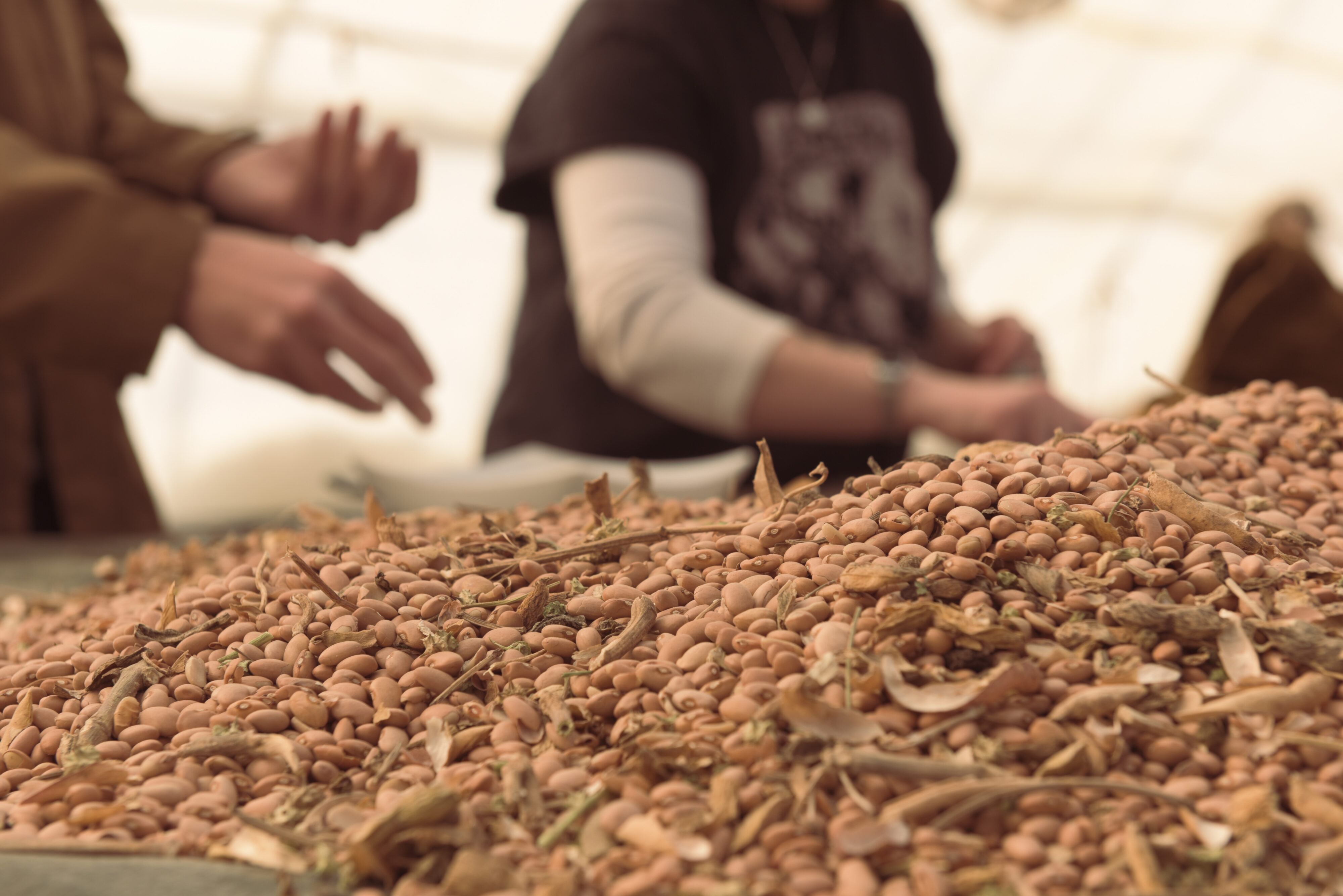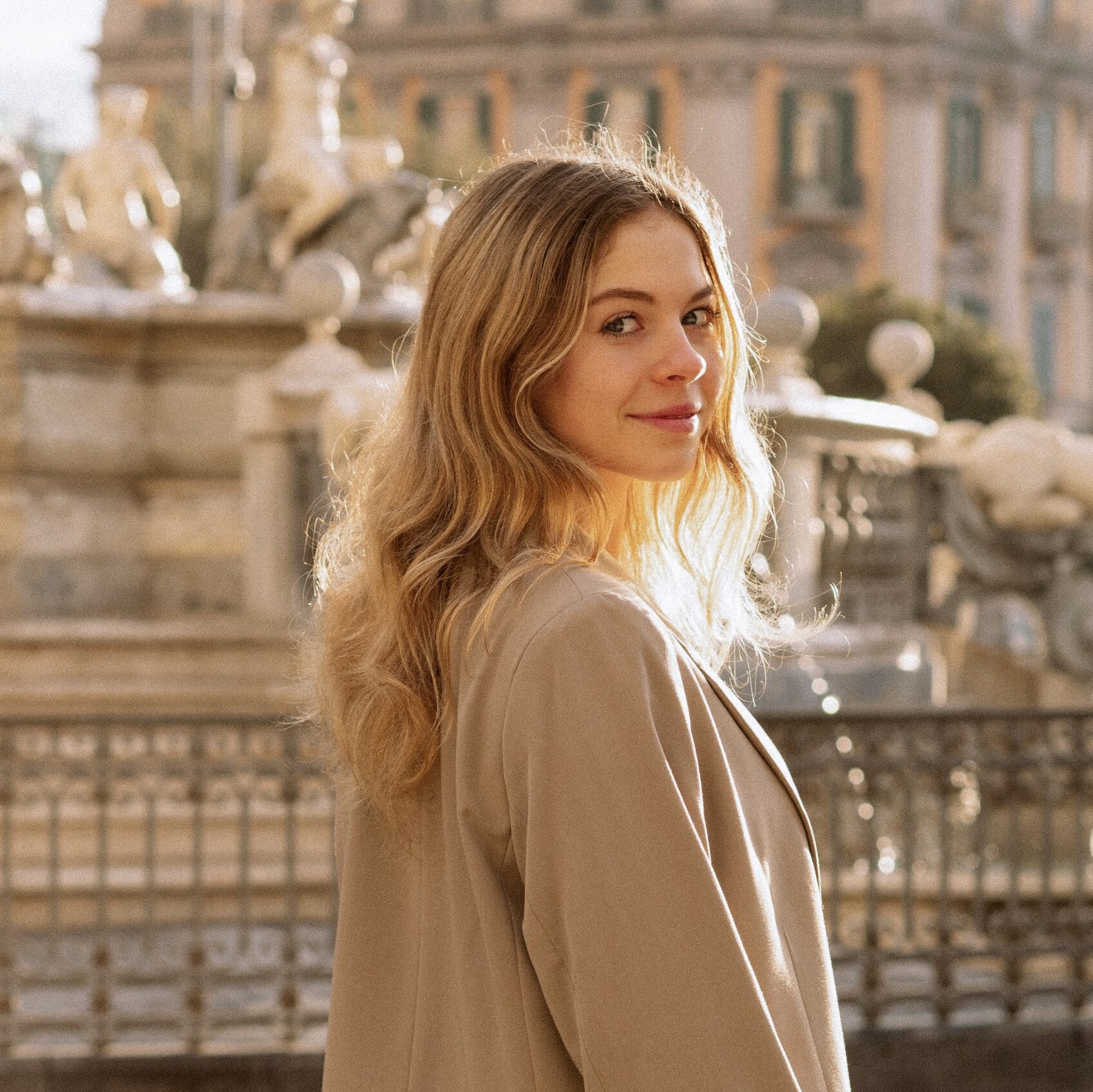 Living Threads Co. is set out to improve the livelihoods of artisans practicing traditional crafts in Guatemala, Nicaragua, Nepal, and India. The artisans source all of the product materials locally, minimizing the environmental impact many businesses take on in order to transport raw materials. Additionally, Living Threads Co. only uses eco-dyes made from foraged plants, beans, etc, eliminating the potential for harmful chemical runoff that may otherwise occur throughout the dyeing process. On top of that, Living Threads Co. employs artisans in historically oppressed communities, such as Native Mayans in Guatemala, and supports the use of traditional crafts, like the backstrap loom, in an effort to preserve the culture that is quickly fading. This allows their artisans to maintain cultural practices while also gaining an income.
">
Living Threads Co. is set out to improve the livelihoods of artisans practicing traditional crafts in Guatemala, Nicaragua, Nepal, and India. The artisans source all of the product materials locally, minimizing the environmental impact many businesses take on in order to transport raw materials. Additionally, Living Threads Co. only uses eco-dyes made from foraged plants, beans, etc, eliminating the potential for harmful chemical runoff that may otherwise occur throughout the dyeing process. On top of that, Living Threads Co. employs artisans in historically oppressed communities, such as Native Mayans in Guatemala, and supports the use of traditional crafts, like the backstrap loom, in an effort to preserve the culture that is quickly fading. This allows their artisans to maintain cultural practices while also gaining an income.
">
Cotton to clutch: How it’s made
 Living Threads Co. is set out to improve the livelihoods of artisans practicing traditional crafts in Guatemala, Nicaragua, Nepal, and India. The artisans source all of the product materials locally, minimizing the environmental impact many businesses take on in order to transport raw materials. Additionally, Living Threads Co. only uses eco-dyes made from foraged plants, beans, etc, eliminating the potential for harmful chemical runoff that may otherwise occur throughout the dyeing process. On top of that, Living Threads Co. employs artisans in historically oppressed communities, such as Native Mayans in Guatemala, and supports the use of traditional crafts, like the backstrap loom, in an effort to preserve the culture that is quickly fading. This allows their artisans to maintain cultural practices while also gaining an income.
">
Living Threads Co. is set out to improve the livelihoods of artisans practicing traditional crafts in Guatemala, Nicaragua, Nepal, and India. The artisans source all of the product materials locally, minimizing the environmental impact many businesses take on in order to transport raw materials. Additionally, Living Threads Co. only uses eco-dyes made from foraged plants, beans, etc, eliminating the potential for harmful chemical runoff that may otherwise occur throughout the dyeing process. On top of that, Living Threads Co. employs artisans in historically oppressed communities, such as Native Mayans in Guatemala, and supports the use of traditional crafts, like the backstrap loom, in an effort to preserve the culture that is quickly fading. This allows their artisans to maintain cultural practices while also gaining an income.
">
Living Threads Co. is an environmentally friendly and social impact-focused woman owned business, based out of Washington, D.C. Living Threads Co. is set out to improve the livelihoods of artisans practicing traditional crafts in Guatemala, Nicaragua, Nepal, and India. The artisans source all of the product materials locally, minimizing the environmental impact many businesses take on in order to transport raw materials. Additionally, Living Threads Co. only uses eco-dyes made from foraged plants, beans, etc, eliminating the potential for harmful chemical runoff that may otherwise occur throughout the dyeing process. On top of that, Living Threads Co. employs artisans in historically oppressed communities, such as Native Mayans in Guatemala, and supports the use of traditional crafts, like the backstrap loom, in an effort to preserve the culture that is quickly fading. This allows their artisans to maintain cultural practices while also gaining an income.





















